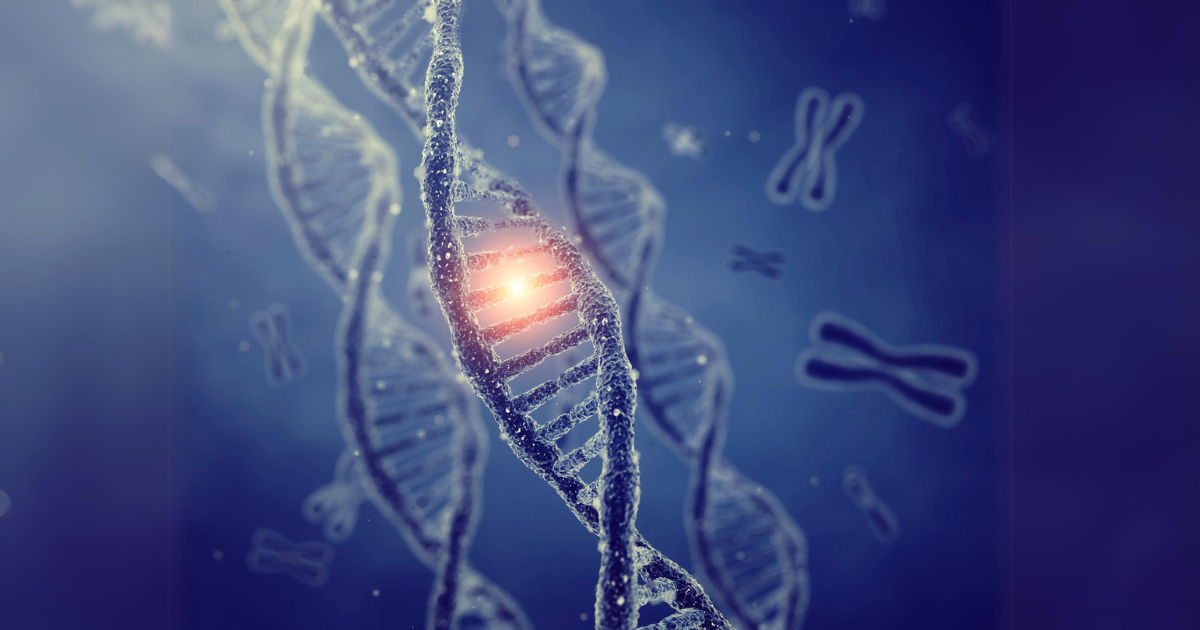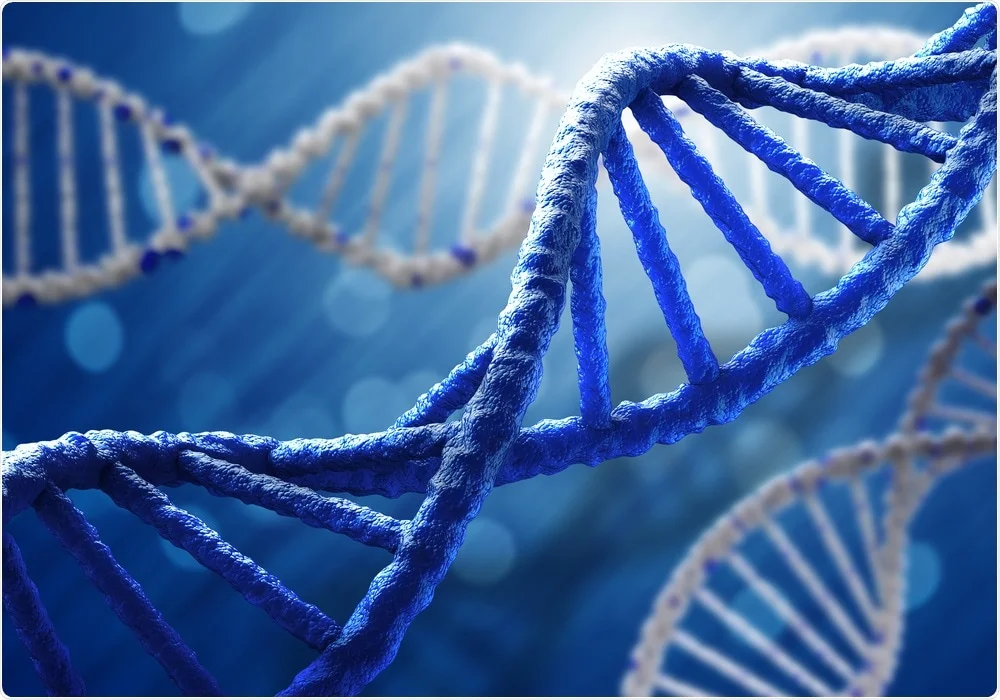
Are Anger Issues Genetic?
Contents
Introduction
Are anger issues hereditary? Many individuals who struggle with controlling their emotions and managing anger have wondered about this. While environmental factors certainly influence anger, research indicates that a hereditary predisposition can also contribute to a higher risk of developing angry behavior and irritability
In this article, we will explore the hereditary and environmental factors contributing to anger issues, how they interact, and strategies for managing anger effectively.
Is Anger Genetic?
Anger can have a genetic basis, as studies indicate that certain genetic factors may predispose individuals to more intense emotional responses. This genetic predisposition can affect how a person processes and reacts to frustration or stress, potentially making them more prone to anger issues. However, genetics alone does not determine anger; environmental factors, such as upbringing, life experiences, and social influences, also significantly impact how anger is managed and expressed.
Thus, while genetic factors can contribute to a higher likelihood of experiencing anger issues, they interact with and are shaped by a person’s environment and experiences. Understanding and addressing both genetic and environmental factors can be crucial in managing and mitigating anger effectively.
Triggers of Anger
I often ponder what drives our anger, and it’s intriguing to consider that our family history might offer clues about this powerful emotion.
- Feeling Threatened: Insults or criticism, like a coworker publicly criticizing your work, can provoke defensive anger.
- Frustration: Disruptions to plans, such as a project failing despite your best efforts, can lead to outbursts.
- Injustice: Witnessing or experiencing unfair treatment, like seeing someone treated poorly in customer service, can trigger strong anger.
- Stress: Accumulated stress from a demanding job or strained relationships can manifest as anger, such as snapping at loved ones.
- Pain: Physical or emotional pain, like chronic health issues or a breakup, can result in irritability.
- Fatigue: Lack of sleep can lower our tolerance, making minor annoyances, like a loud noise, more infuriating.
These triggers underline the complexity of anger, reflecting both our personal experiences and potentially our genetic predispositions. As I explore the nature versus nurture debate, it becomes evident that both genetic factors and environmental influences play critical roles in shaping how we experience and express anger.
How Anger Manifests
Anger can manifest in various ways, affecting both behavior and physical state. Here are some detailed examples of how anger can show up:
- Behavioral Outbursts: Anger often results in overt actions such as shouting or aggressive movements. For example, someone might yell at a partner during an argument or slam their fist on a table out of frustration.
- Verbal Aggression: This includes using harsh language or insults. A person might call someone names during a disagreement or use a sarcastic tone when responding to a colleague’s suggestion.
- Passive-Aggression: Anger can be expressed through indirect means. For instance, someone might agree to a plan but then intentionally arrive late, or they might give a cold shoulder instead of addressing their irritation directly.
- Physical Symptoms: Anger can trigger bodily reactions such as a racing heartbeat, clenched jaws, or tension headaches. For example, you might notice your muscles tightening or your face growing red when you are angry.
- Emotional Reactions: Anger can cause intense feelings of irritation, resentment, or rage. For instance, you might feel a surge of anger and frustration when facing unfair treatment at work, leading to a sense of being overwhelmed or out of control.
- Withdrawal: Sometimes, anger results in emotional withdrawal or avoidance. For example, after a heated argument, someone might choose to isolate themselves by retreating to their room and avoiding further interaction.
- Increased Stress: Chronic anger can contribute to sustained stress and affect overall health. For example, ongoing anger towards a demanding boss could lead to persistent anxiety and impact one’s ability to sleep, potentially resulting in burnout.
Recognizing these manifestations of anger helps in understanding and managing this powerful emotion more effectively, facilitating healthier responses and interactions.
Study on Genetic Risk and Anger Expression
Research indicates a connection between genetics and the way we express anger, which is particularly intriguing to me due to my interest in family history and ancestry. Studies have shown that variations in specific genes, such as those involved in serotonin regulation, may contribute to anger issues that appear to be inherited within families.
| Aspect | Details |
| Genetic Risk Factors | Genetic variations can predispose individuals to difficulties with anger regulation. Specific genes may influence how the brain responds to emotionally charged situations, potentially increasing the likelihood of intense anger or aggression. |
| Study Findings | Researchers at the University of Pittsburgh have discovered that certain gene variations are associated with anger, hostility, and aggression. For example, these studies have linked variations in genes that affect neurotransmitter systems to heightened anger responses. |
| Role of 5-HTR2A Gene | The 5-HTR2A gene is crucial in the regulation of serotonin, a neurotransmitter that affects mood and aggression. Variants of this gene can alter serotonin levels, which in turn can impact emotional regulation and aggression. Research indicates that individuals with certain variants of the 5-HTR2A gene may experience more difficulty managing anger. |
| Implications | Understanding the genetic underpinnings of anger can lead to more personalized and effective interventions. Identifying individuals at higher genetic risk for anger issues can help in developing targeted therapies, counseling strategies, and preventive measures tailored to their specific needs. This knowledge also emphasizes the importance of considering both genetic and environmental factors in managing anger. |
My exploration into the genetic roots of anger reveals how deeply our biological makeup influences our emotional responses. This understanding deepens my fascination with tracing familial and ancestral connections, highlighting that our genes not only carry physical traits but also reflect inherited emotional patterns.
Effects of Genetics on Anger
- Brain Structure and Function: Genetic influences can affect brain regions involved in emotional regulation, such as the amygdala and prefrontal cortex. Differences in the structure or function of these areas, which can be influenced by genetic factors, can affect how emotions, including anger, are processed and regulated.
- Stress Response Systems: Genetic factors play a role in how individuals respond to stress. Variations in genes related to the hypothalamic-pituitary-adrenal (HPA) axis can influence the stress response, potentially leading to increased vulnerability to anger in response to stressors.
- Aggression and Hostility: Research has identified specific genes associated with aggressive behavior and hostility. For example, variations in the MAOA gene, which affects the metabolism of neurotransmitters like serotonin and dopamine, have been linked to increased aggression and difficulty in controlling anger.
- Baseline Temperament: Genetic factors contribute to an individual’s baseline temperament, influencing traits such as irritability and emotional sensitivity. For instance, variations in genes related to neurotransmitters like serotonin and dopamine can affect how prone a person is to experiencing anger and how they manage it.
- Stress Response Systems: Genetic predispositions also play a role in how individuals respond to stress. Variations in genes related to the hypothalamic-pituitary-adrenal (HPA) axis can affect the stress response, potentially increasing vulnerability to anger in stressful situations.
Genetic Predispositions vs. Environmental Factors

Genetic Predispositions
- Inherited Traits: Genetic predispositions involve inherited traits that affect emotional responses. For example, specific gene variations may increase susceptibility to anger or aggression.
- Neurotransmitter Regulation: Variations in genes related to neurotransmitter systems, such as serotonin or dopamine, can influence how emotions are regulated and how prone an individual may be to anger.
- Family History: Family history of anger issues or related psychological conditions can indicate a genetic component, suggesting that anger tendencies may run in families.
- Brain Function: Genetic factors can impact brain regions involved in emotional regulation, such as the amygdala and prefrontal cortex, influencing how anger is processed.
Image Source: envpk.com

Environmental Factors
- Family Dynamics: Early family environment and parenting styles play a crucial role in shaping emotional responses. Exposure to conflict, criticism, or support can affect anger management.
- Stress and Trauma: Life events, such as stress, trauma, or abuse, can significantly influence how anger is expressed and managed. Chronic stress and negative experiences can exacerbate anger issues.
- Socialization: Cultural and social norms affect how anger is expressed. For instance, some cultures may discourage open expressions of anger, influencing how individuals learn to cope with and express their emotions.
- Life Experiences: Personal experiences, such as relationship difficulties or work-related stress, can impact anger levels and how individuals handle their emotions.
Image Source: envpk.com
Nature vs. Nurture when it comes to Anger
The nature versus nurture debate is a long-standing discussion in psychology and related fields about whether human behavior and characteristics are determined more by genetics (nature) or by environment and upbringing (nurture). Here’s a quick overview:

Nature: Biological Influences on Anger
- Genetic Predisposition: Research suggests that genetic factors can influence how prone someone is to anger. For instance, variations in certain genes, such as those regulating serotonin, have been linked to heightened aggression and anger responses.
- Brain Chemistry: The brain’s structure and neurotransmitter levels can play a significant role in how anger is processed. For example, imbalances in chemicals like dopamine and serotonin can contribute to mood regulation issues, including increased anger.
- Hormonal Influences: Hormones, particularly testosterone, have been associated with aggressive behavior and anger. Higher levels of testosterone have been observed to correlate with more frequent or intense anger outbursts.
Image Source: characterlab.org

Nurture: Environmental Influences on Anger
- Family Environment: Early childhood experiences and family dynamics significantly shape anger expression. For instance, children who grow up in households with frequent conflict may learn to express anger aggressively.
- Social Learning: Observing and imitating behaviors from parents, peers, or media can influence how individuals express anger. A child who witnesses a parent handling disputes with aggression might adopt similar patterns.
- Cultural Norms: Cultural background can dictate acceptable expressions of anger. In some cultures, anger may be openly expressed and even encouraged.
- Trauma and Life Experiences: Personal experiences, including trauma or prolonged stress, can impact how anger is managed.
Image Source: characterlab.org
Conclusion
In exploring whether anger issues are genetic, it’s clear that both genetic and environmental factors play significant roles. Research reveals that certain genetic predispositions can make individuals more susceptible to intense emotional responses, including anger. Genes affecting neurotransmitter systems, such as the 5-HTR2A gene, contribute to how we regulate and express anger. These genetic factors can influence brain function and stress responses, highlighting the biological basis for anger issues.
References
- Friedman, M. J., & McGowan, J. (2017). Genetic and environmental contributions to anger and aggression: A meta-analysis. Psychological Bulletin, 143(10), 1058–1091.
- Harrison, P. J., & Weinberger, D. R. (2005). Schizophrenia genes, gene expression, and neuropathology: On the origins of the dopamine hypothesis. Annual Review of Neuroscience, 28, 49–70.
- Meyer-Lindenberg, A., & Tost, H. (2012). Neural mechanisms of social risk for psychiatric disorders. Nature Neuroscience, 15(5), 671–678.
- Niv, S., & Dinu, A. (2015). The role of serotonin transporter gene polymorphism in anger regulation and aggression. Journal of Affective Disorders, 178, 119–123.
- Polderman, T. J. C., Benyamin, B., & de Leeuw, C. A. (2015). Meta-analysis of the heritability of human traits based on fifty years of twin studies. Nature Genetics, 47(7), 702–709.
- Ramsden, S., & Gibbons, R. D. (2013). Genetic factors in the development of anger: A review of current research. Aggression and Violent Behavior, 18(5), 544–551.
- Ressler, K. J., & Mayberg, H. S. (2007). Targeting abnormal neural circuits in mood and anxiety disorders: From the laboratory to the clinic. Nature Neuroscience, 10(9), 1003–1012.
- Roiser, J. P., & Sahakian, B. J. (2013). Emotion and cognition in the serotonin transporter gene. Neuroscience & Biobehavioral Reviews, 37(5), 878–887.
- Sailer, U., & Peters, J. R. (2015). Functional neuroimaging of aggression: A review of neurobiological and genetic factors. Aggression and Violent Behavior, 23(1), 51–60.
- Wang, Y., & Zhang, Q. (2016). The role of genetic and environmental factors in the development of aggression: A comprehensive review. Journal of Behavioral Genetics, 46(5), 482–500.










